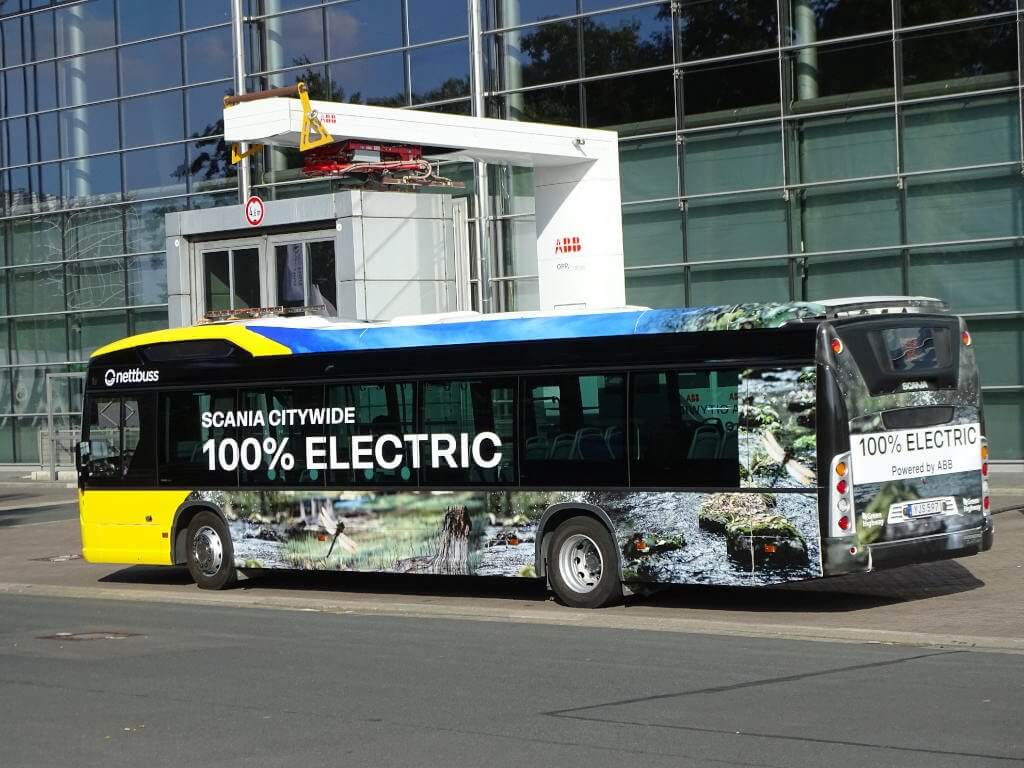
Madaline Dunn attended the 2019 LowCVP Conference in London, at the Institution of Mechanical Engineers, to find out more about the future of low-carbon and zero-emission vehicles and fuels, and what work needs to be done on the road to deliver the UK’s recent commitment to net zero carbon emissions by 2050
The conference began with an introductory welcome of members and delegates by Andy Eastlake, Managing Director at LowCVP, who set the tone for the day. He opened by inviting delegates to take part in interactive voting where they were asked their opinion on the current net-zero policy. A year on from the Road to Zero Strategy, which included targets to ban the sale of petrol and diesel cars and vans by 2040, recent reports from the Committee on Climate Change (CCC) have encouraged calls to bring the target forward. When asked, 40% of delegates voted to bring the target forward by 10 years.
[…]
By subscribing you will benefit from:
- Operator & Supplier Profiles
- Face-to-Face Interviews
- Lastest News
- Test Drives and Reviews
- Legal Updates
- Route Focus
- Industry Insider Opinions
- Passenger Perspective
- Vehicle Launches
- and much more!


